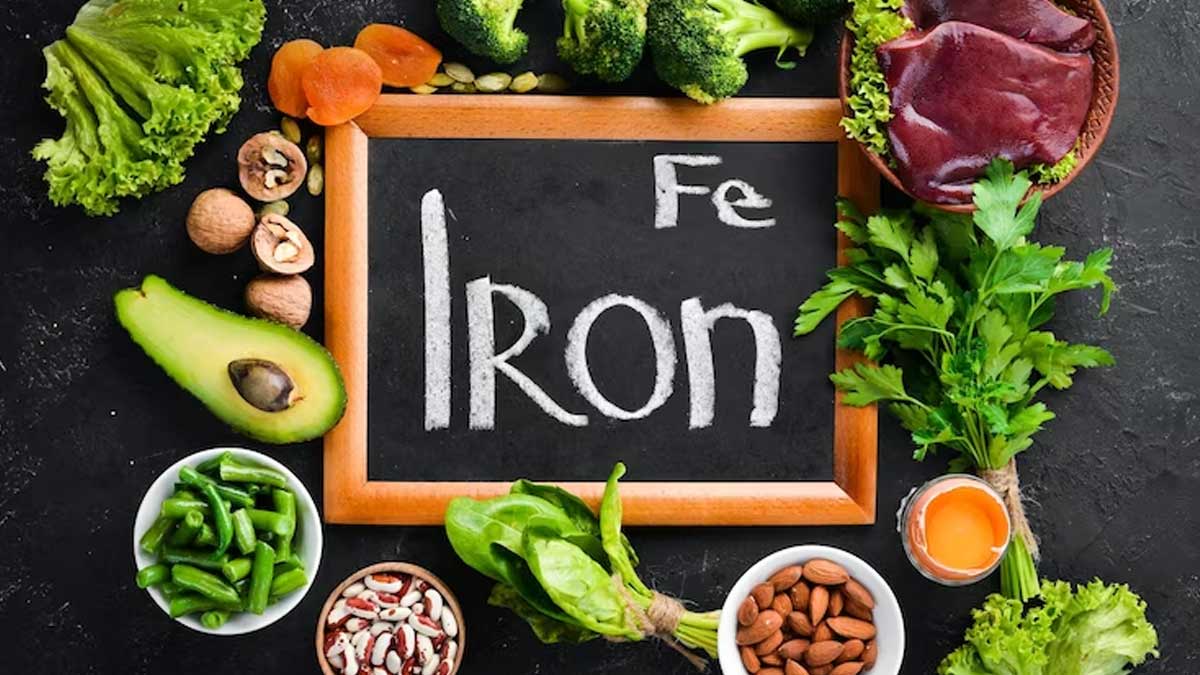
Iron is an essential mineral necessary for the production of haemoglobin , which carries oxygen in red blood cells throughout the body. Consuming adequate amounts of iron-rich foods is important for maintaining a healthy immune system and preventing iron deficiency diseases.
Table of Content:-
Following are the consequences of iron deficiency:
Anaemia
Anaemia caused by iron deficiency is the most common type of anaemia, and it occurs when the body does not have enough iron to produce red blood cells. According to research 30 to 50 percent of anaemia in children is caused due to iron deficiency. Symptoms include tiredness, weakness and pale skin.
Cognitive Impairment
Iron is important for brain development and cognitive function, and a lack of iron can cause cognitive problems such as poor concentration, difficulty learning, and slowed mental processing.
Also read: 6 Iron-Rich Drinks You Can Make At Home To Combat Deficiency
Weak Immune System
Iron is necessary for the body to produce white blood cells, which help the body fight off infections. Without enough iron, the body’s ability to fight off infections is compromised.

Reduced Physical Performance
Iron helps our body produce energy, and a lack of iron can lead to reduced physical performance. A person may feel fatigued, weak, and unable to exercise.
Increased Risk of Pregnancy Complications
Iron is important for the health of pregnant women and their babies. Iron deficiency can lead to an increased risk of complications, including premature birth and low birth weight.
Also read: What Causes Iron Deficiency & Why Should It Matter
Hair Loss
Iron helps keep the scalp healthy and is necessary for hair growth. A lack of iron in your diet can lead to hair loss. According to the Journal of the American Academy of Dermatology, hair follicle cells are particularly vulnerable to iron deficiency and may be unable to generate new cells effectively when iron supplies are depleted.

Increased Risk of Infections
Iron helps the body produce antibodies, which help to fight off infections. A lack of iron can make a person more susceptible to infections.
How To Combat Iron Deficiency
Include some of the best sources of iron include red meat, poultry, seafood, legumes, tofu, nuts, seeds, and dark leafy greens.
Iron-fortified breakfast cereals, oatmeal, and enriched grains are also good sources of iron. A single cup of fortified cereal can provide an adequate amount of iron. Additionally, some fruits, such as apricots, raisins, and prunes, are naturally high in iron.
It is important to note that consuming foods that are high in vitamin C can help improve the absorption of iron from plant sources. Vitamin C is found in citrus fruits, tomatoes, peppers, and broccoli. Eating iron-rich foods with foods rich in vitamin C can help maximise iron absorption.
In addition to eating iron-rich foods, it is important to limit the intake of certain substances that can interfere with iron absorption. These substances include coffee, tea, and calcium-rich foods, such as dairy products.
Also watch this video
How we keep this article up to date:
We work with experts and keep a close eye on the latest in health and wellness. Whenever there is a new research or helpful information, we update our articles with accurate and useful advice.
Current Version